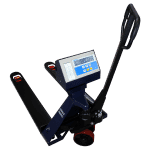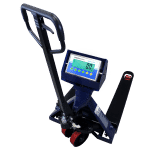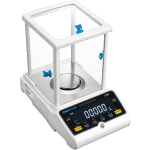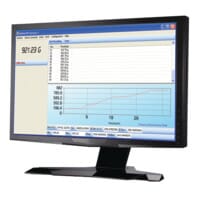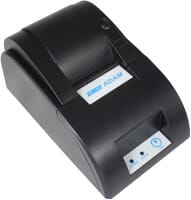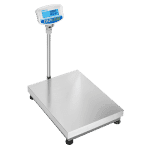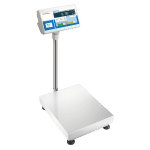
In the beverage industry, whether you’re brewing beer, producing wine or creating spirits, precision at every stage of production is crucial. From ensuring consistent formulations to avoiding packaging mistakes, accurate measurements help reduce costs, maintain quality, and guarantee regulatory compliance. This blog will explore how Adam Equipment scales and balances can help enhance your operations when it comes to:
- Raw material intake
- Material Preparation
- Formulation & recipe accuracy
- Quality control & lab testing
- Packaging & bottling
- Labeling & traceability
- Shipping & distribution
Bottoms up!
Raw Material Intake
For large-scale beer or wine production, you frequently receive large shipments of hops, malts, yeast, grapes and sugar, among other common ingredients. You’ll want to ensure that the weight of the goods you’ve received matches what you ordered to make sure you’re not paying more for less. Platform scales like , with their high capacities and large pans, are ideal for weighing these ingredients as they arrive, whether individually or on a pallet.
Weighing the incoming ingredients is also a method of inventory. Over time, you’ll learn the weight you use in ingredients over time and how quickly they deplete. You would be able to determine when to reorder supplies more effectively.
Moisture content can have an impact on the weight of your ingredients, like malt or hops. Adam Equipment’s can be used to test small samples of ingredients to ensure that the moisture levels are as they should be. If the moisture is too high, it’s important to notice as soon as possible because bacteria spreads rapidly.
Material Preparation
The PMB is also helpful when preparing the ingredients to undergo production. For example, pressing grapes for wine. Once the grapes have been crushed, removing the stems and breaking the skins, they move on to the pressing stage. After being pressed once, a sample of the remaining pulp can be moisture tested. If there’s a significant amount of moisture remaining, it would be worth it to press it a second time. Fair warning, however, pressing too much moisture out may turn the wine bitter!

Formulation & Recipe Accuracy
With so many different brands and flavors of beer and wine out there, the taste of your product is the most important way of standing out from the crowd and gaining a loyal customer base.
There’s a lot that impacts the taste, especially in wine – when the grapes were harvested, how they were pressed, how long they aged, how much natural sugar is in the grapes, etc. Each batch may end up different chemically, which is why sometimes other additives, like sugar or enzymes are used to help get a consistent taste.
Precision balances are a crucial cog in the process, as they provide highly accurate measurements down to the milligram. Sulfites, for example, are naturally found in grapes, but additional sulfites can be added to wine for preservation as well as to encourage good color and flavor. In beer, some hops are more potent than others, like Citra, and have high alpha acid content. Because it’s so strong, smaller quantities can be used per batch of beer, measured by weight. Measuring by weight is more accurate than volume measurements and helps guarantee batch-to-batch consistency!
Quality Control & Lab Testing
Once you’ve settled your recipe, the quality control team in the lab needs to ensure that each batch is chemically sound each time. In the production stage, when the liquid itself is being processed and tested, this involves some ultra-precise science with the help of an analytical balance.
For example, Adam’s boast a density determination function. This can be used to test a sample’s density to the nearest 0.0001g. Ingredients like sugar can increase density, so if the result determines that the sample has a higher density than normal, it could be that there’s too much sugar. On the other hand, if the sample isn’t dense enough, there could be too much alcohol, since ethanol is less dense than water.
Analytical balances can also help measuring out exact sample sizes of both the wine or beer and a testing substance, like pH Buffers and different types of reagents. As exact ratios are required to get the reaction you need, it’s important to ensure that the quantities are weighed precisely!
Packaging & Bottling
Quality control continues all the way to the end of production, checking bottles and boxes after packaging to confirm they meet specifications. This is a highly regulated process; it’s illegal to sell a customer a product of a different weight than advertised. That’s why checkweighing scales like Adam Equipment’s are so important. Your product needs to weigh enough to meet customer satisfaction without becoming a loss to the company.
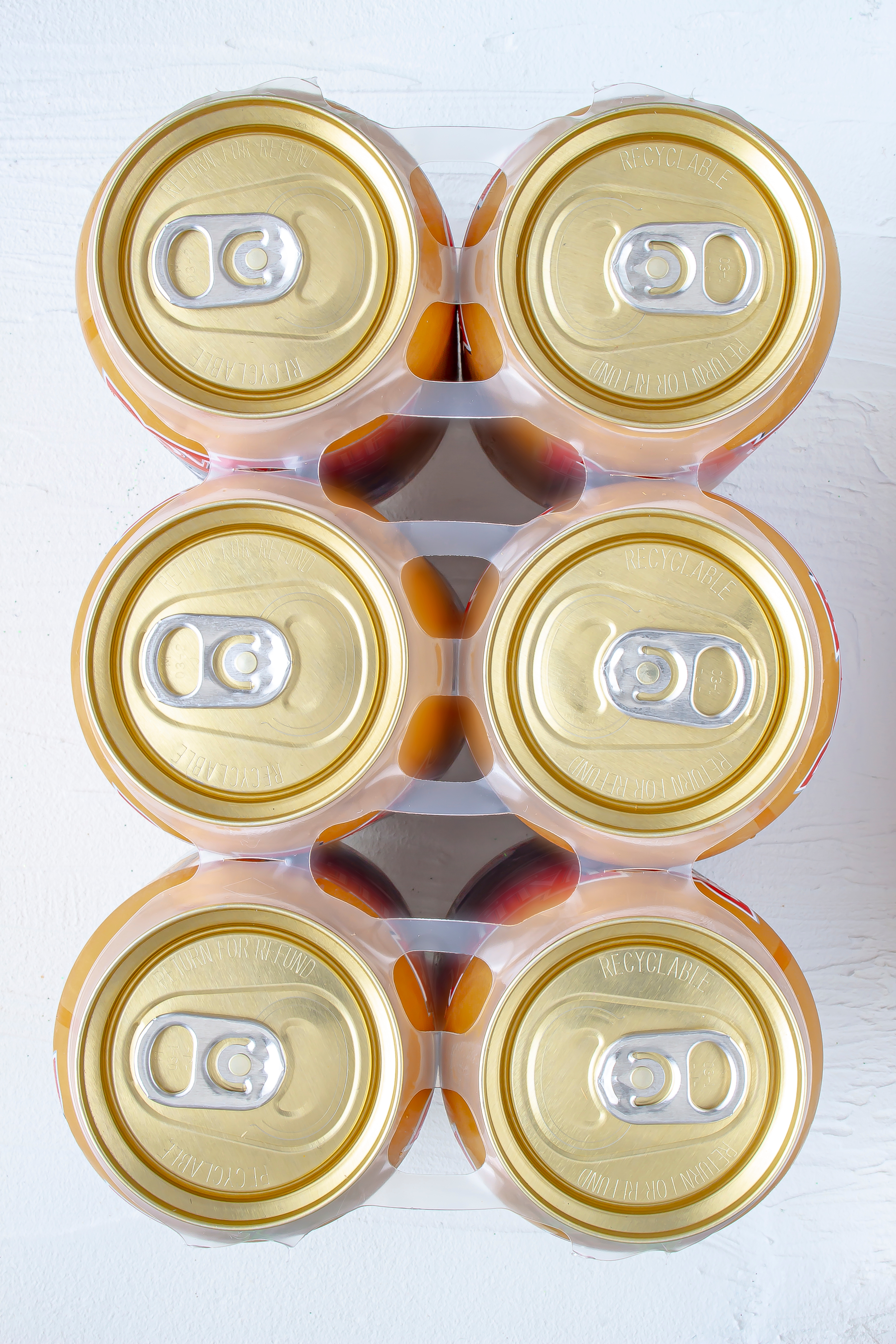
Simply set the upper and lower limits into your checkweighing scale and watch the display from the corner of your eye as it changes colors to indicate whether the bottle, can or box is above (red), within (green) or below (yellow) the limits you’ve set. Using checkweighing scales is a quick and easy way to safeguard against losing money from over- or under-filling the product.
You’ll quickly notice when a certain batch is consistently over or under filled. Then, you’re able to stop production and check the bottling process before any more defective products are sent through to the next stage.
Labeling & Traceability
Many Adam scales and balances are Good Manufacturing Practice and Good Laboratory Practice compliant. They can be set up to provide the required date, time and user identification information along with the weight when using printers or label-printing software. This additional data is included to improve traceability.
Label printing scales like Adam’s new are excellent during the packaging stage for this reason. You can place a label with the weight, date, time and even QR or bar codes on each box or pallet. Having the label available for viewing is not only helpful for keeping track of inventory before the product is shipped but also for identifying batches if there are any recalls or quality checks necessary.
For example, if a defect is discovered in products that were packaged on a particular date, each box will have that necessary data prominently displayed so they can be pulled off the shelves quickly.
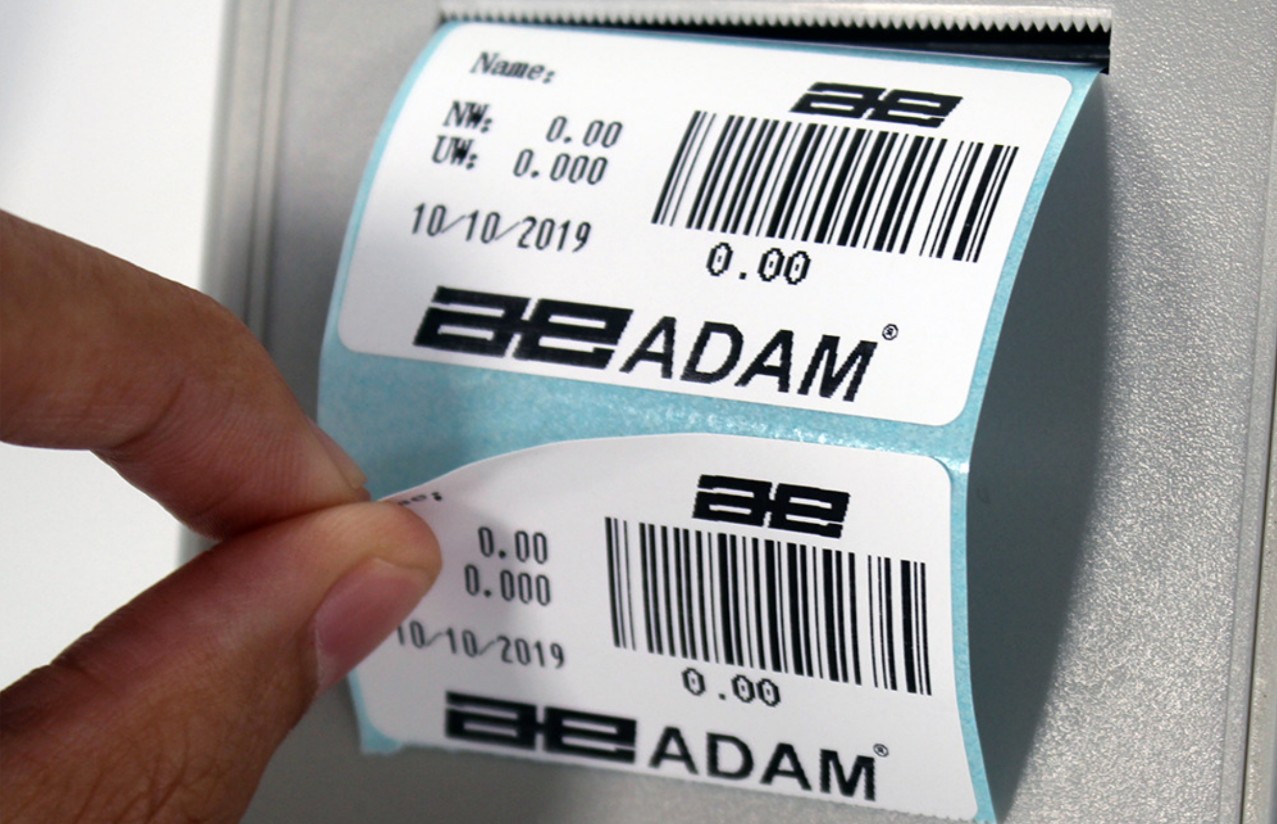
If you’re not leaning in the label-printing direction, Adam scales and balances offer a variety of interfaces so you can connect them to accessories like our or even analysis software like . Adam Equipment’s new series of wireless connectivity modules even add the capability to connect to printers, PCs and other systems wirelessly!
By taking advantage of the offered connectivity options for use with printers and PCs, you can build a thorough record of weighing information that can be used to streamline operations like inventory management, regulatory compliance and performance analysis.
Shipping & Distribution
Finally – they’re outta here. Almost!
Bottles and cans are heavy, especially if you’re sending large quantities to breweries, wineries or liquor shops on pallets. Because freight charges are frequently based on weight, you may face significant charges. You’ll want to weigh your goods before they’re shipped so you can help guarantee you’re not overcharged.
For a multi-purpose solution, try a pallet truck scale like Adam Equipment’s or so you can weigh and wheel the pallet to the shipping doc at the same time, turning two steps into one and improving efficiency.
Though they can both weigh pallets up to 2000kg, the PTSplus is known for its color-changing display for checkweighing and its dynamic weighing capabilities so even sloshing casks and barrels can be weighed accurately. The PTT, with its built-in label printer, allows you to label the pallet with the weight, date and time for future reference.
Create and send off your bottled beverage with the confidence only a weighing scale can provide! Wondering which scale or balance would be the best fit for your beverage operation? Contact the Adam Equipment team, we’ll be happy to help.





